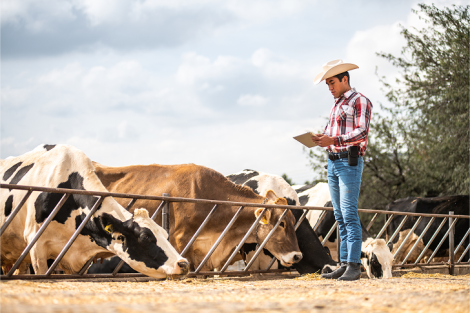The World Organisation for Animal Health (WOAH) has raised concern over the continued spread of New World screwworm (Cochliomyia hominivorax) across the Americas. Since its resurgence in Panama (June 2023), NWS has now been reported in Belize, Costa Rica, El Salvador, Guatemala, Honduras, Nicaragua, and Mexico, with over 20,000 outbreaks recorded in WAHIS.
Key Points
-
Threats: NWS is a parasitic zoonotic disease affecting domestic and wild animals as well as humans, with serious public health, environmental, and economic impacts.
-
Current Situation: No vaccines or biological products are available. Control relies on clinical inspection, wound treatment, zootechnical practices, veterinary certification, quarantine, and insecticide use.
-
Eradication Method: The Sterile Insect Technique (SIT), releasing sterilized male flies, has proven effective in past eradication programs.
-
One Health Importance: The spread underlines the need for cross-sectoral collaboration between veterinary, public health, environment, and border control authorities to prevent, detect, and respond to outbreaks.
-
Wildlife Impact: The disease affects warm-blooded wildlife, including birds (e.g., a bird of prey case reported in Mexico, April 2025).
-
Global Coordination: The GF-TADs Standing Group of Experts on Screwworm has been mobilized to share knowledge, strengthen surveillance, and issue tailored recommendations.
Conclusion
WOAH calls for urgent, coordinated regional and international action to prevent further spread of NWS. Strengthening surveillance, diagnostics, transparent reporting, and cross-border collaboration under a One Health approach is critical to protecting animal health, human health, and livelihoods across the Americas.
Source: WOAH
